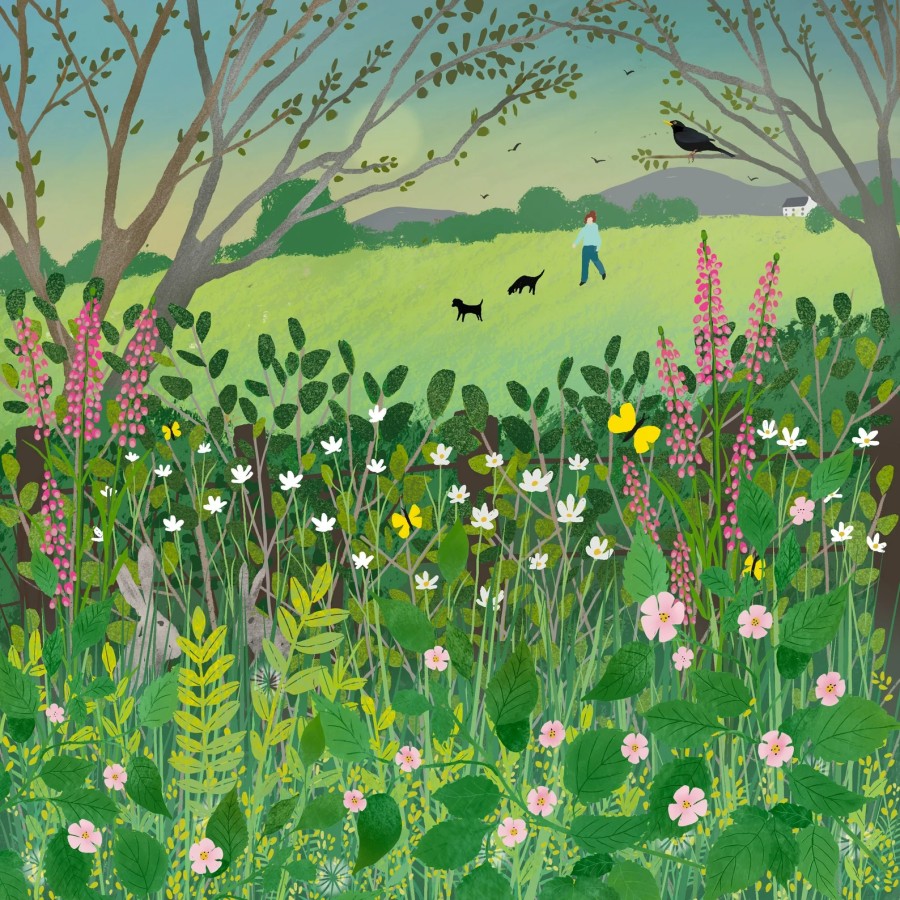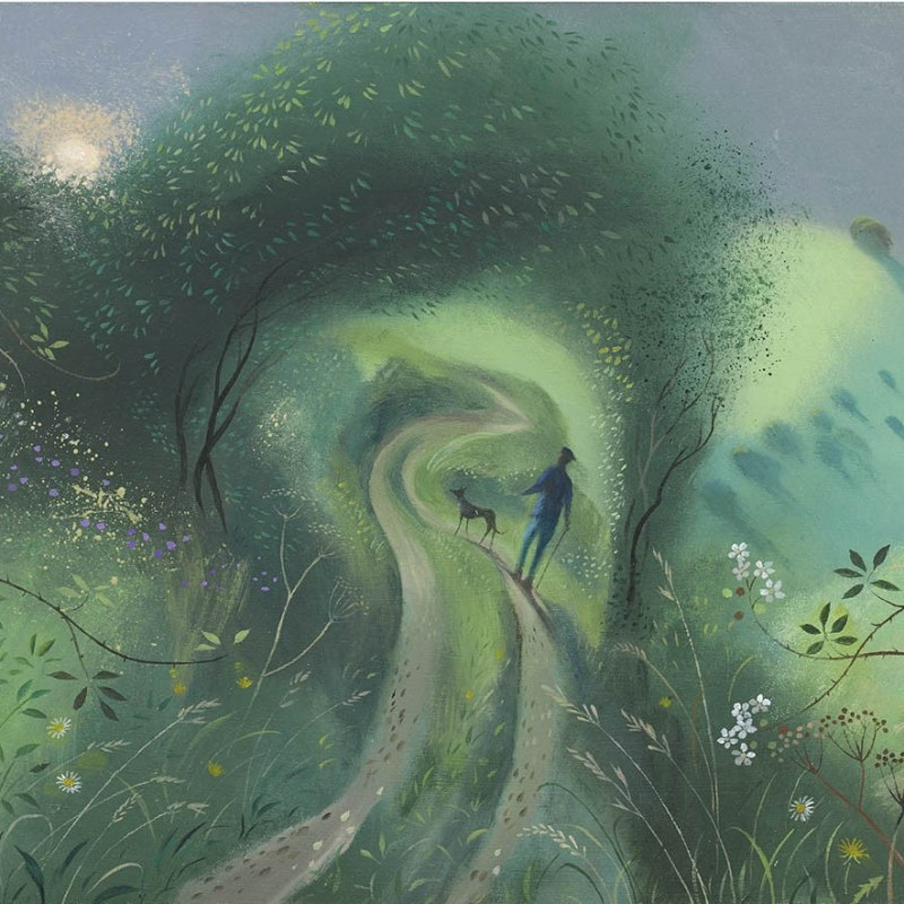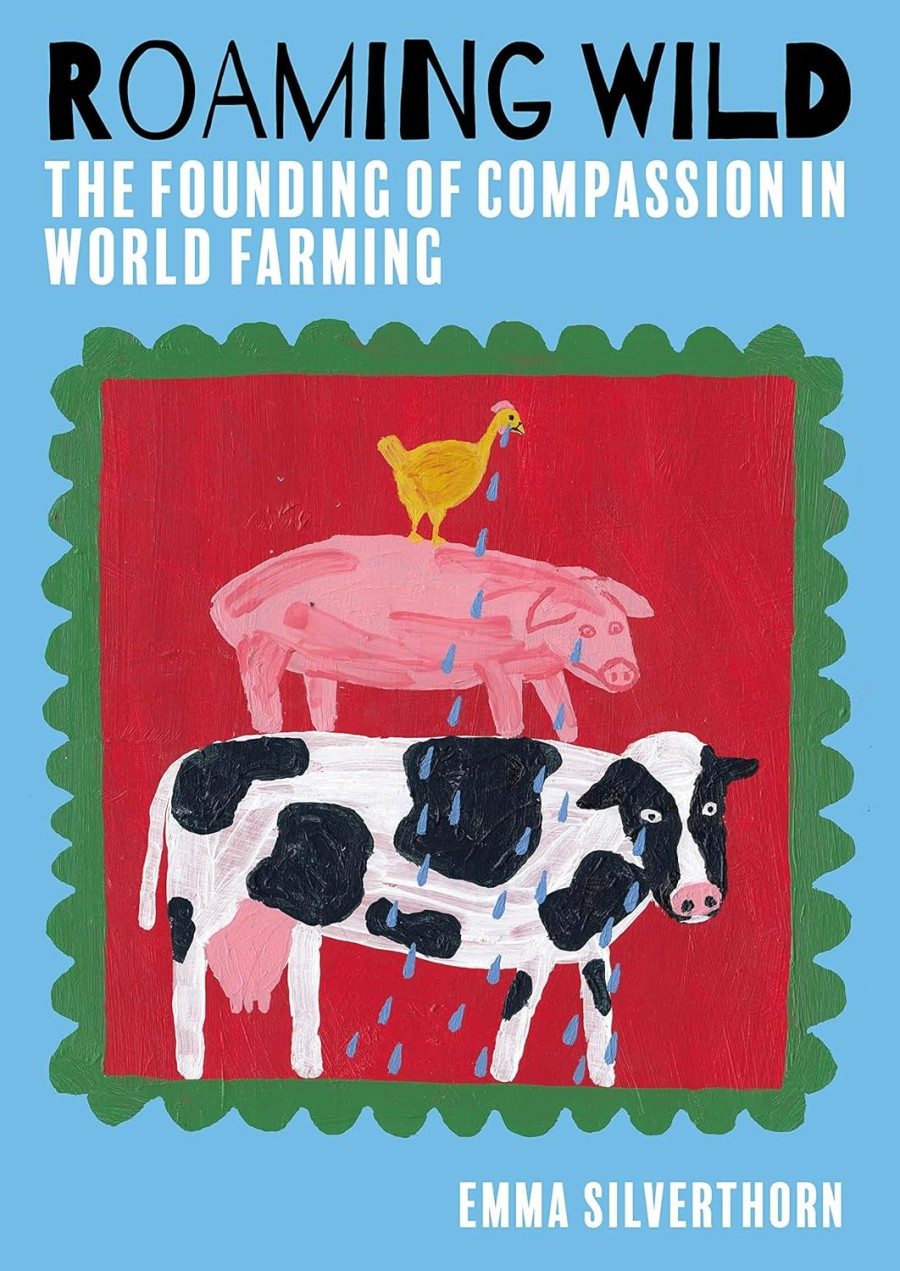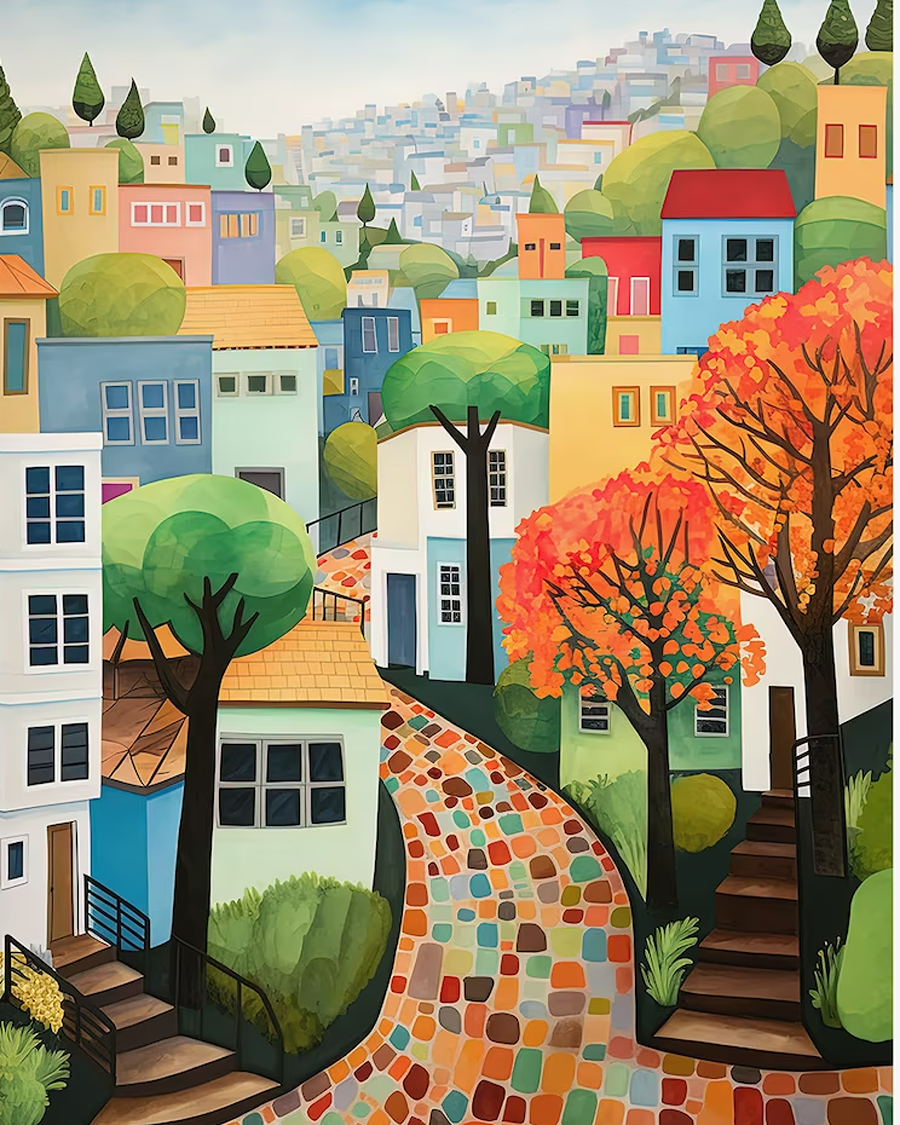
Our independent farmers for the most part do a good job, although obviously there are issues sometimes with chemicals and animal welfare. But rather than criticise, here are some resources to help and share (find more farming posts).
We can help farmers by always following the countryside code to protect livestock (and dogs). Report concerns of farm animals to RSPCA (or Crimestoppers if you wish to remain anonymous).
The Farm Carbon Calculator is a free carbon calculator toolkit, and takes 30 minutes to 2 hours to give a lens into how you can save carbon. Developed by an organic vegetable farmer in the Scilly Isles, it can be used by farms of any sacale or soil type or place in the UK.
Mudcontrol is recommended by farmers to stop having to sink concrete into your land to avoid muddy fields. Safer for animals and humans, and turn dangerous muddy ground into safe paths.
The Farmer’s Office is a wonderful tool for existing or new farmers, who wish to grow their eco farm business, which can help the local community, profits and (if you work with animals) better welfare (it costs money to buy feed and good housing -and remember many are running farm sanctuaries.
ways farmers can earn alternative income
You could rent farm buildings to holiday makers (don’t let dogs near livestock). Read more on agritourism. Another idea is WWOOF (willing workers on organic farms). In return for board and food, people work on your farm for knowledge and experience, and you save on wages (this is active learning, not cheap labour).
Community Supported Agriculture is an alternative method of farming. Instead of selling for a pittance to big shops, local people take a small risk in case of a failed harvest, and collectively pay farmers in advance, then at harvest time, everyone ollects their produce.
The Transfarmation Project can help with setting animal farmers up with free feed and advice to grow oats, a hugely profitable area for food and drinks right now. You can then save family farms, and let existing animals live out their lives in peace, aka to a farm sanctuary.
charities to help farmers
The Farming Community Network is an umbrella of charities that have helplines for struggling farmers. From providing free feed to livestock to offering help with finances and tenancy.
Hen Helpline is run by a charity that rescues chickens (and roosters) designed to be killed, after the end of their egg-laying life. The free helpline helps with anything chicken!
switch to no-till organic farming
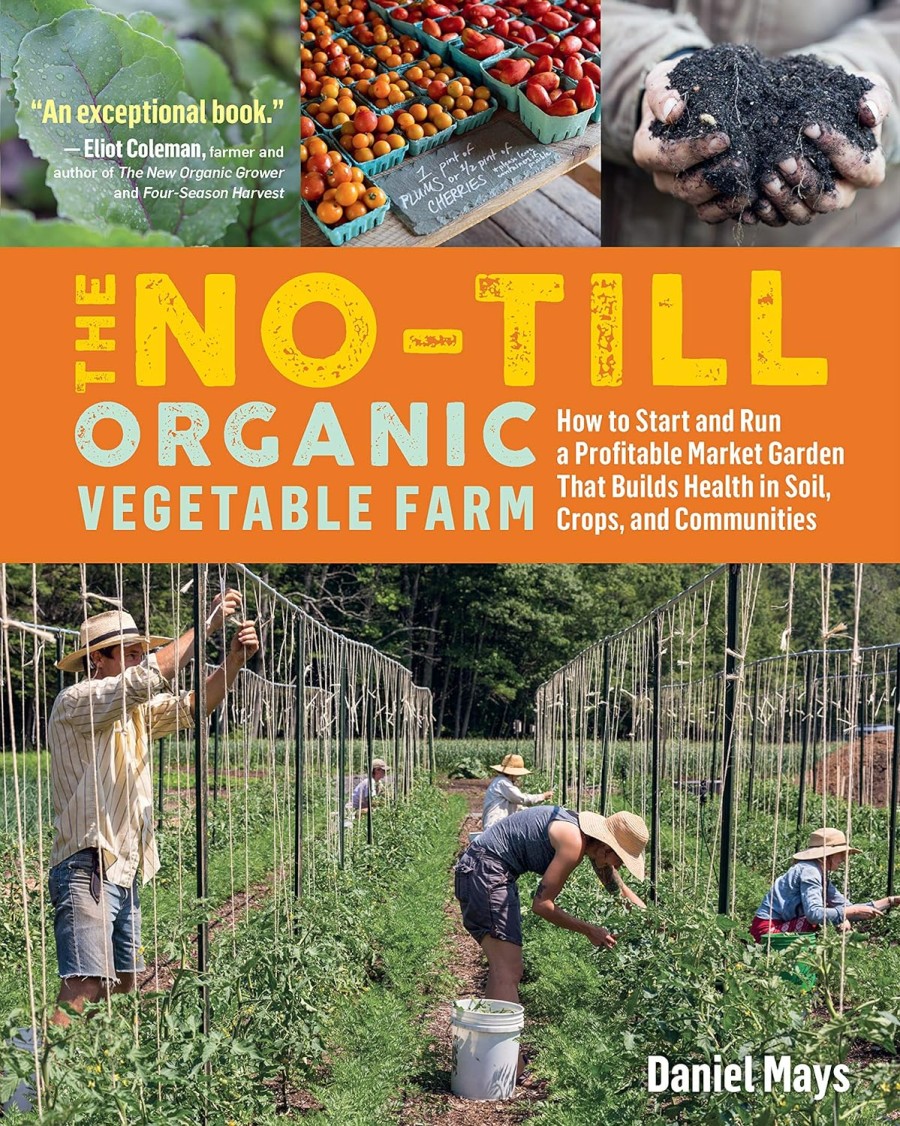
No-till farming protects earthworms and results in better yields and less weeds and back-breaking word, by working with nature, rather than forks and spades.
Read food safety for people & pets. If planting green spaces, learn how to make gardens safe for pets (includes indoor plants to avoid). Avoid facing indoor foliage to gardens, to help stop birds flying into windows. Also know trees to avoid near horses (including yew and oak).

